Solitude’s final words before being put to death for her part in the Guadeloupe slave uprising in 1802 were “Live free or die.”
Her mother was an African woman who was allegedly raped while traveling on the slave ship, and her father was a French sailor. Solitude was born in slavery in the plantations of Guadeloupe in 1772.
Many people loved Solitude because she was a stunning woman with a brown complexion and gorgeous eyes that were different shades of color. Solitude was left alone with her captors after her mother fled the plantation where she was a slave.
The slave uprising in Haiti led to the abolition of slavery in the French colonies in 1794. In order to prevent a widespread slave insurrection across all of its colonies, the French government made that decision.
Eight years after slavery was abolished, however, Napoleon Bonaparte reinstated it throughout the French colonies and sent 3,500 soldiers, under the command of General Antoine Richepance, to Guadeloupe to put it into effect.
Solitude was freed in the first abolition of 1794, but after Napoleon’s decree, she was classified as a “maroon” and joined a group of freedom fighters that were led by men such as Louis Delgrès, Ignace, Paleme, and Jacquet.
They formed a tiny army and engaged the French soldiers in battle. Delgrès issued a proclamation on May 10, 1802, with the title “To the whole universe, the last cry of innocence and despair”.
Delgrès issued a proclamation on May 10, 1802, with the title “To the whole universe, the last cry of innocence and despair”.
READ ALSO: Meet Jesse Eugene Russell, The Black Man Who Invented The Digital Cell Phone
Even though she was pregnant, Solitude joined the battle against Richepance’s soldiers. At Dole, Trou-aux-chiens, Fond-Bananier, and Capesterre, she was reputed to have been a ferocious and fearless warrior who “pushed herself and her belly into the thick of the conflicts.”
According to accounts, “she pushed herself and her womb all the way up into the mountains before the last defeat, from victory to victory, and then from setback to setback.” Delgrès and his allies were killed in an explosion when Richepance’s side overcame the rebels after eighteen days of fighting.
After being hurt in the explosion, Solitude was apprehended and given a death sentence. However, because the unborn child would belong to her slave master, she was given a temporary reprieve and her death was postponed until the day after the baby was born.
She gave birth on November 28, 1802, and on the morning of the following day, the greatest heroine of the revolution, who was now 30 years, stepped out of jail peacefully while, according to accounts, maternity’s milk slowly stained her nightshirt.
The location of her child was unknown at the time of her execution.
Since then, solitude has been referred to as the emblem of Caribbean women who fought to defend the principles of freedom and equality. Many people still mention her now, and Guadeloupe’s squares and avenues now bear her name. She has reportedly also appeared in a song, poetry, a library, and a museum area.
A statue honoring Solitude was erected in 1999 in the community called les Abymes (Guadeloupe).
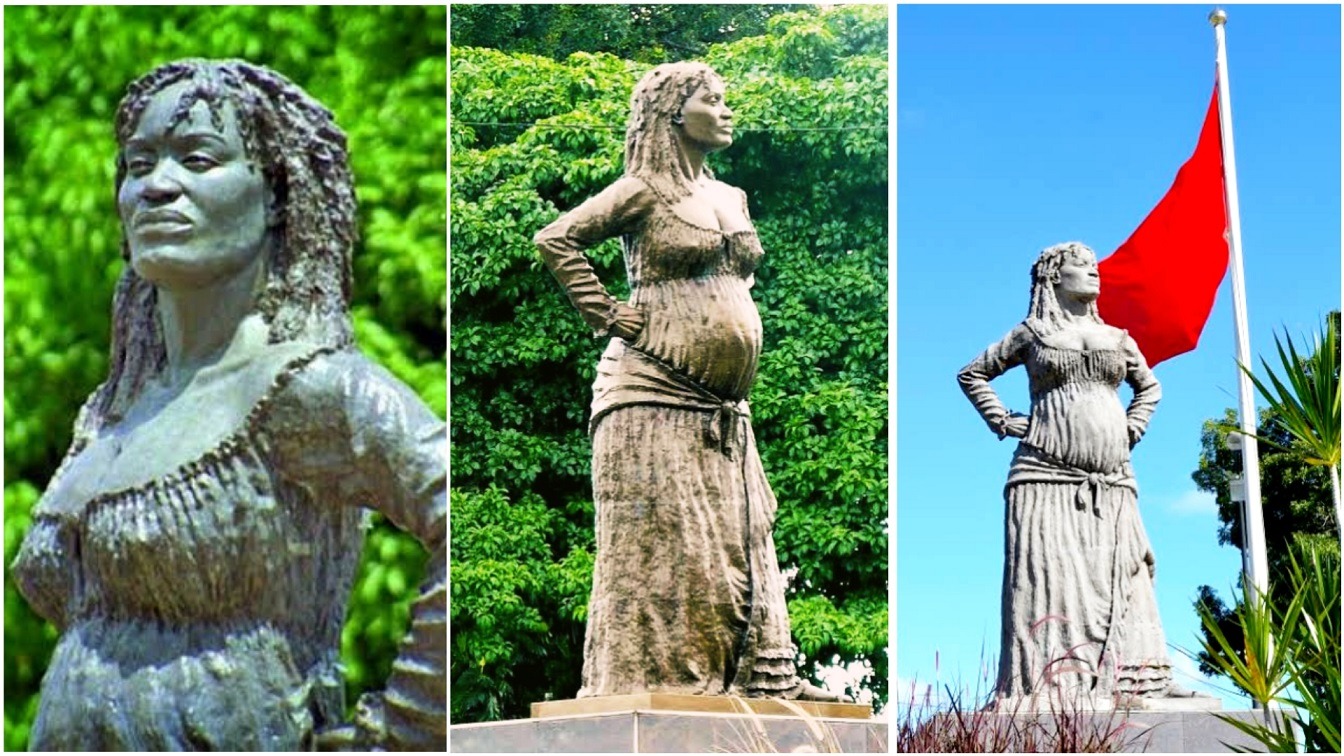
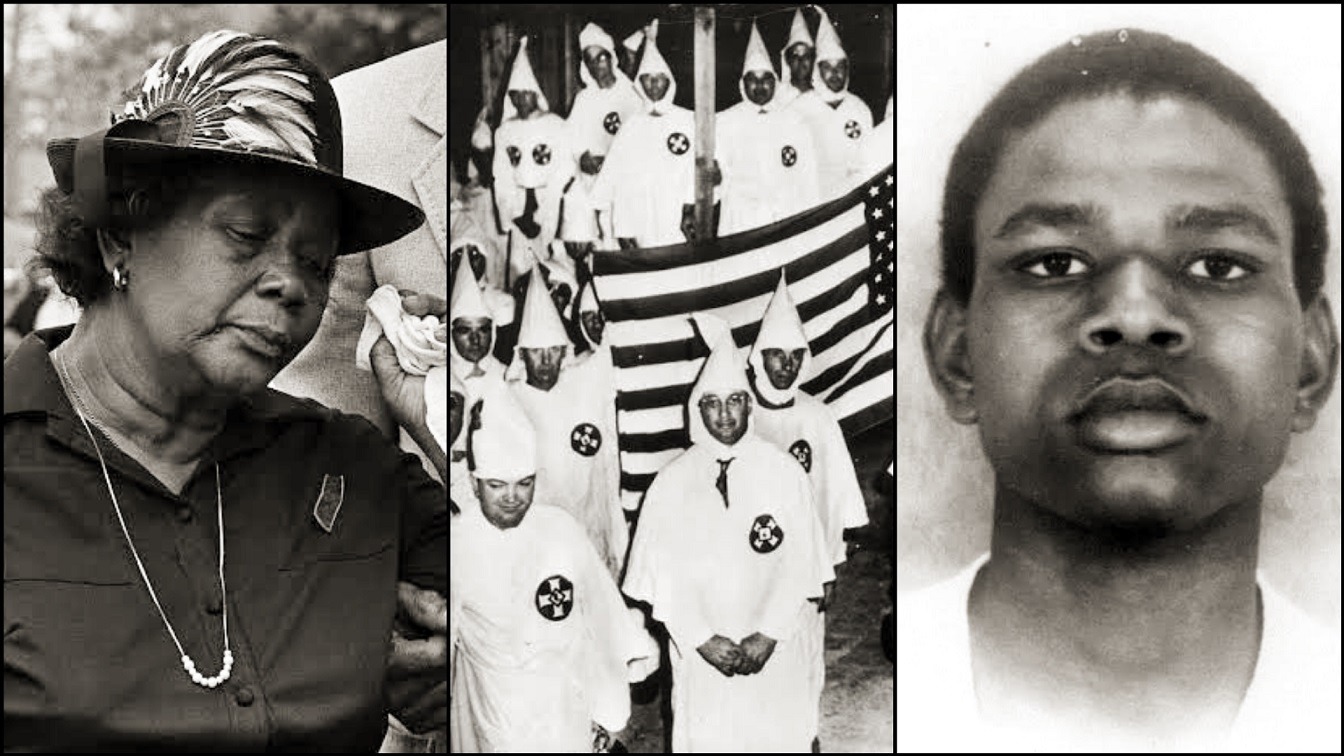
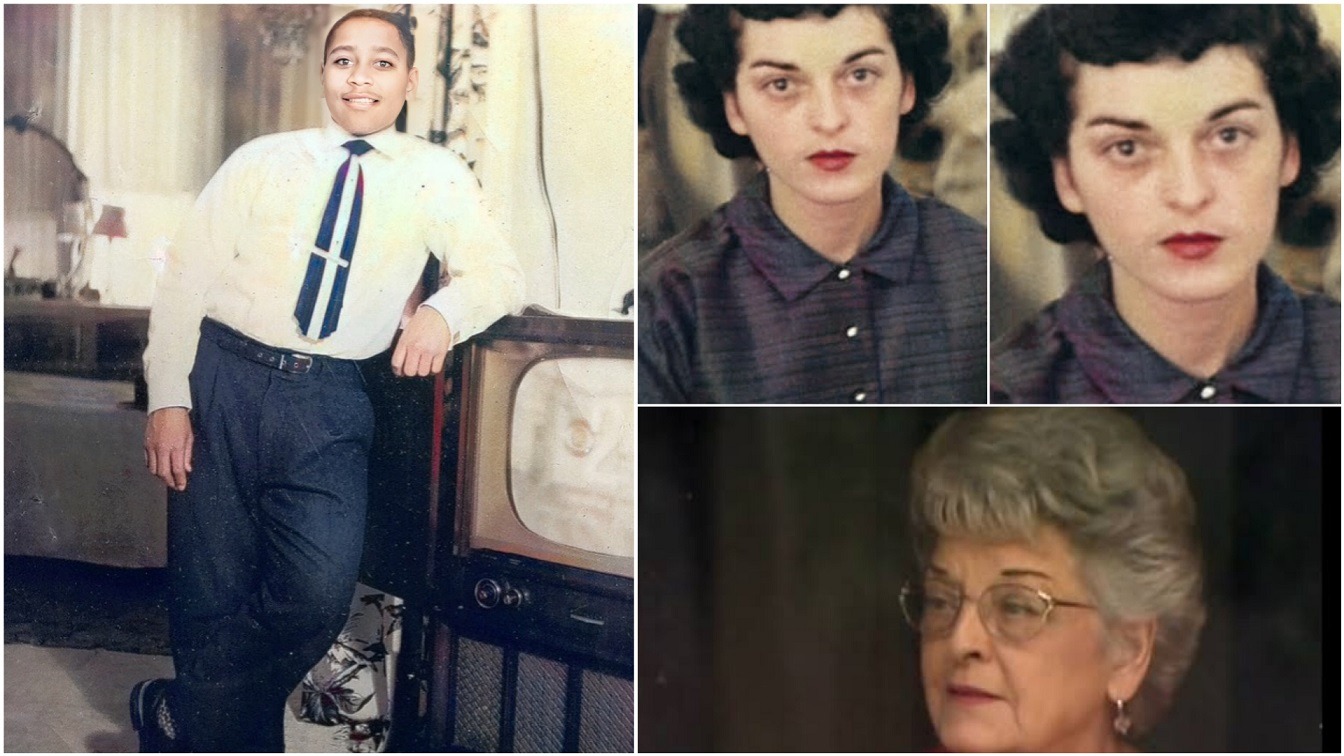

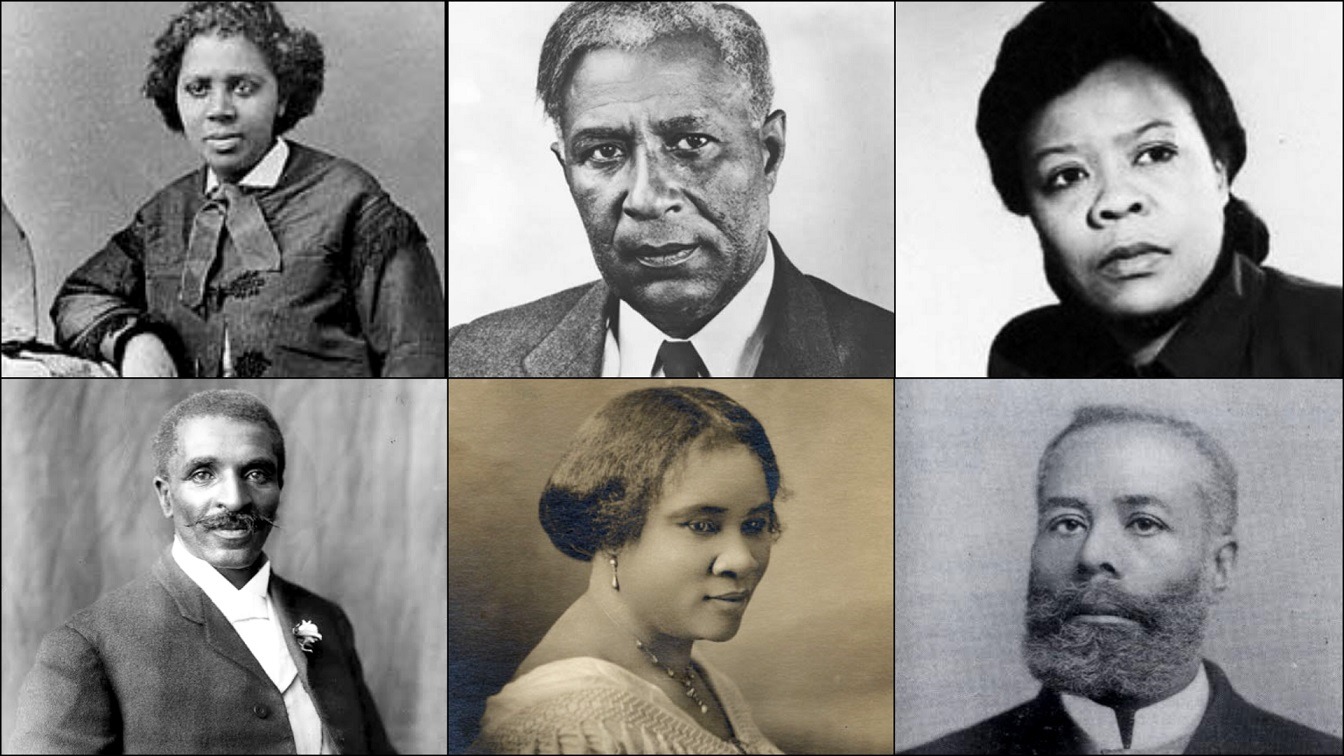
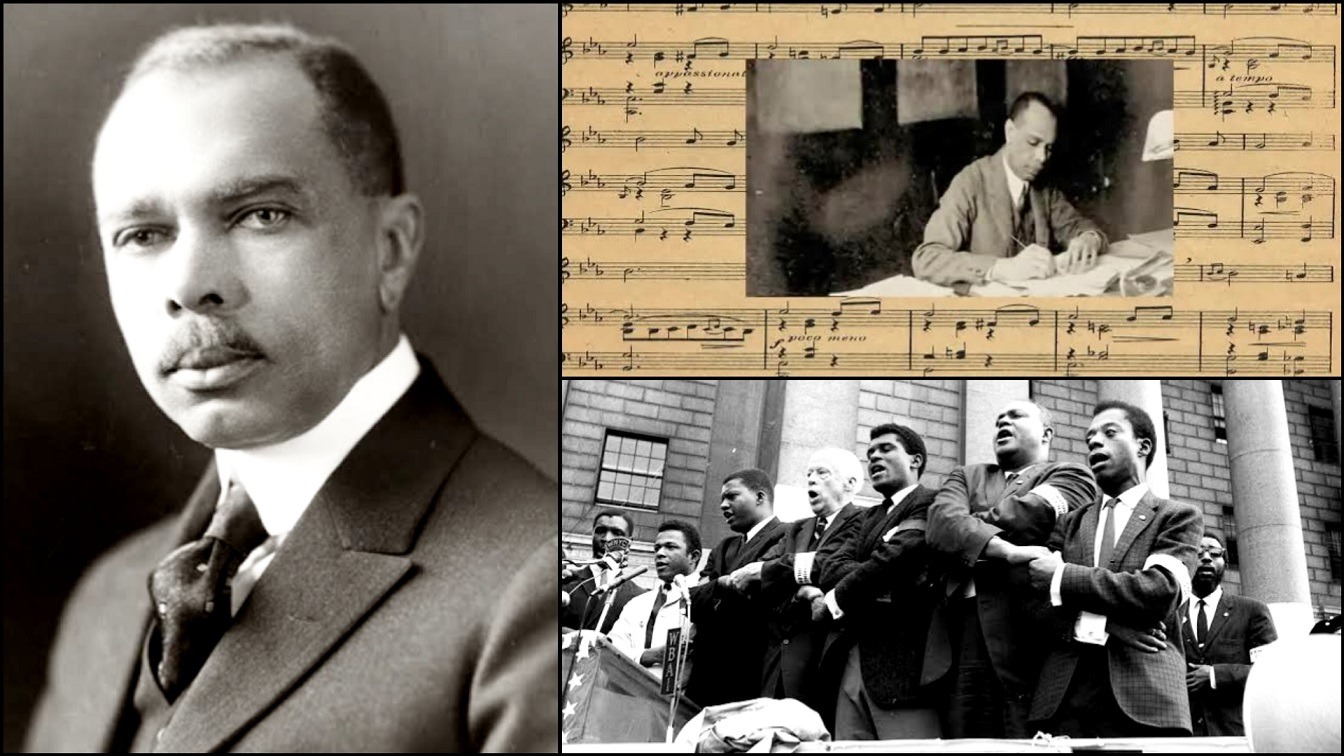
![Black Man Who Designed Washinton DC and Invented The Clock [Benjamin Banneker]](https://libertywritersafrica.com/wp-content/uploads/2022/01/Black-Man-Who-Designed-Washinton-DC-and-Invented-The-Clock-Benjamin-Banneker.jpg)